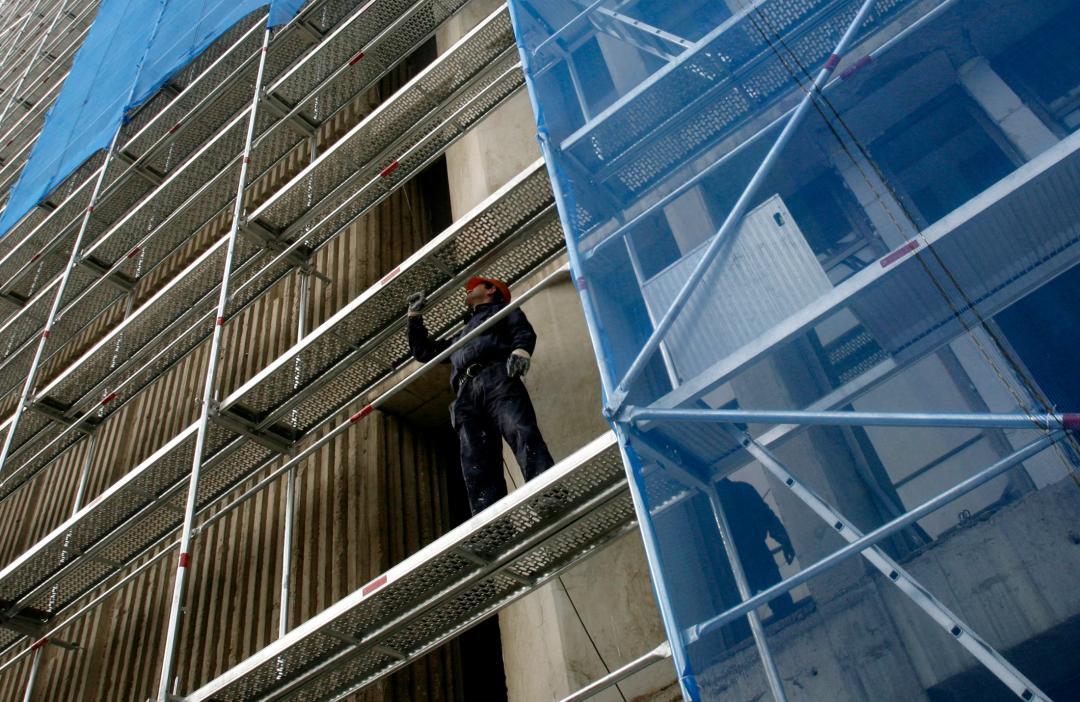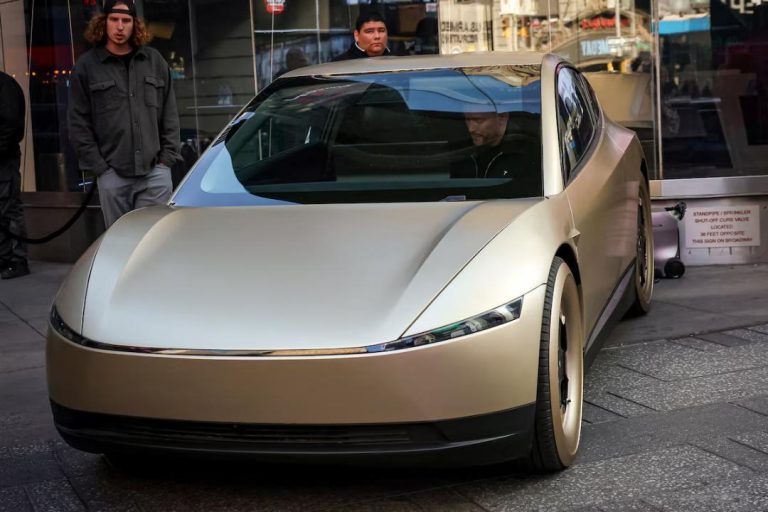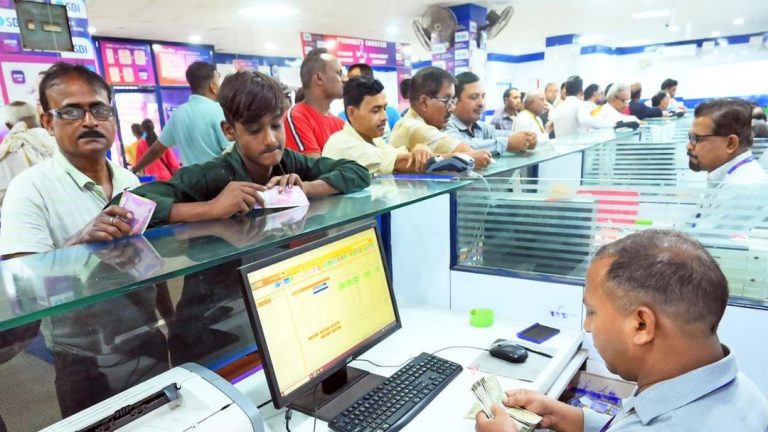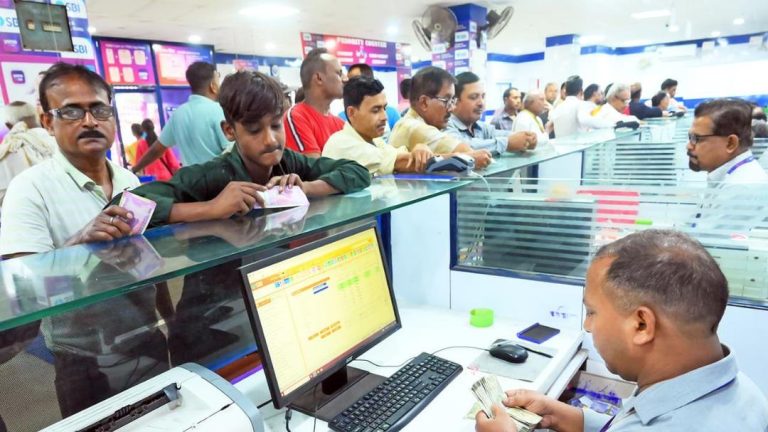
IIT Making Glass to Keep Buildings Cool in Summer & Warm in Winter
As the world grapples with the challenges of climate change, scientists and researchers are working tirelessly to find innovative solutions to reduce our carbon footprint. One such breakthrough is being developed by IIT Indore, which is creating a “smart glass” using a special porous organic polymer to help build eco-friendly buildings.
The electronic curtain glass, as it’s being called, has the ability to regulate light and heat by applying a small electric current. This means that it can change color and transparency, allowing it to block sunlight and heat when needed, or letting it in when it’s cooler. This technology has the potential to revolutionize the way we design and build buildings, making them more energy-efficient and sustainable.
According to officials, the smart glass works by using a porous organic polymer that is sensitive to temperature and light. When exposed to heat, the polymer expands, allowing more light and heat to pass through. Conversely, when it’s cooler, the polymer contracts, blocking out the sunlight and retaining the warmth. By applying a small electric current, the glass can be controlled to change its transparency and color, allowing it to regulate the amount of light and heat that enters the building.
The implications of this technology are vast. For one, it could significantly reduce the need for air conditioning and heating in buildings, which are two of the largest consumers of energy. According to the US Department of Energy, buildings account for approximately 40% of the country’s total energy consumption, with heating, ventilation, and air conditioning (HVAC) systems being the largest energy user.
By using smart glass, buildings could potentially reduce their energy consumption by up to 50%, leading to significant cost savings and a reduced carbon footprint. Additionally, the technology could also help to reduce the amount of heat generated by computers and other electronic devices, which is often released into the atmosphere through heating and cooling systems.
Another benefit of the smart glass is its ability to improve the overall comfort and well-being of building occupants. By regulating the amount of light and heat that enters the building, the glass can help to create a more comfortable and stable indoor environment, reducing the need for artificial lighting and heating/cooling systems.
IIT Indore’s smart glass technology is still in its early stages, but the possibilities are vast. The researchers are working on refining the technology and developing it for commercial use. If successful, it could have a significant impact on the construction industry, leading to the development of more sustainable and energy-efficient buildings.
The technology is not without its challenges, however. One of the main hurdles is the cost of production, which is currently higher than traditional glass. Additionally, there are concerns about the durability and lifespan of the smart glass, as well as its resistance to weathering and UV radiation.
Despite these challenges, IIT Indore’s smart glass technology is an exciting development that has the potential to transform the way we build and design buildings. By reducing our reliance on traditional HVAC systems and artificial lighting, we can create more sustainable and energy-efficient buildings that are better for the environment and for building occupants.
As the world continues to grapple with the challenges of climate change, innovations like IIT Indore’s smart glass technology are crucial to finding solutions that can help reduce our carbon footprint. With its ability to regulate light and heat, this technology has the potential to revolutionize the way we build and design buildings, making them more sustainable, energy-efficient, and comfortable.
Source:
https://repository.inshorts.com/articles/en/PTI/319121e5-f2f2-4d36-b9bd-364925f8a154






